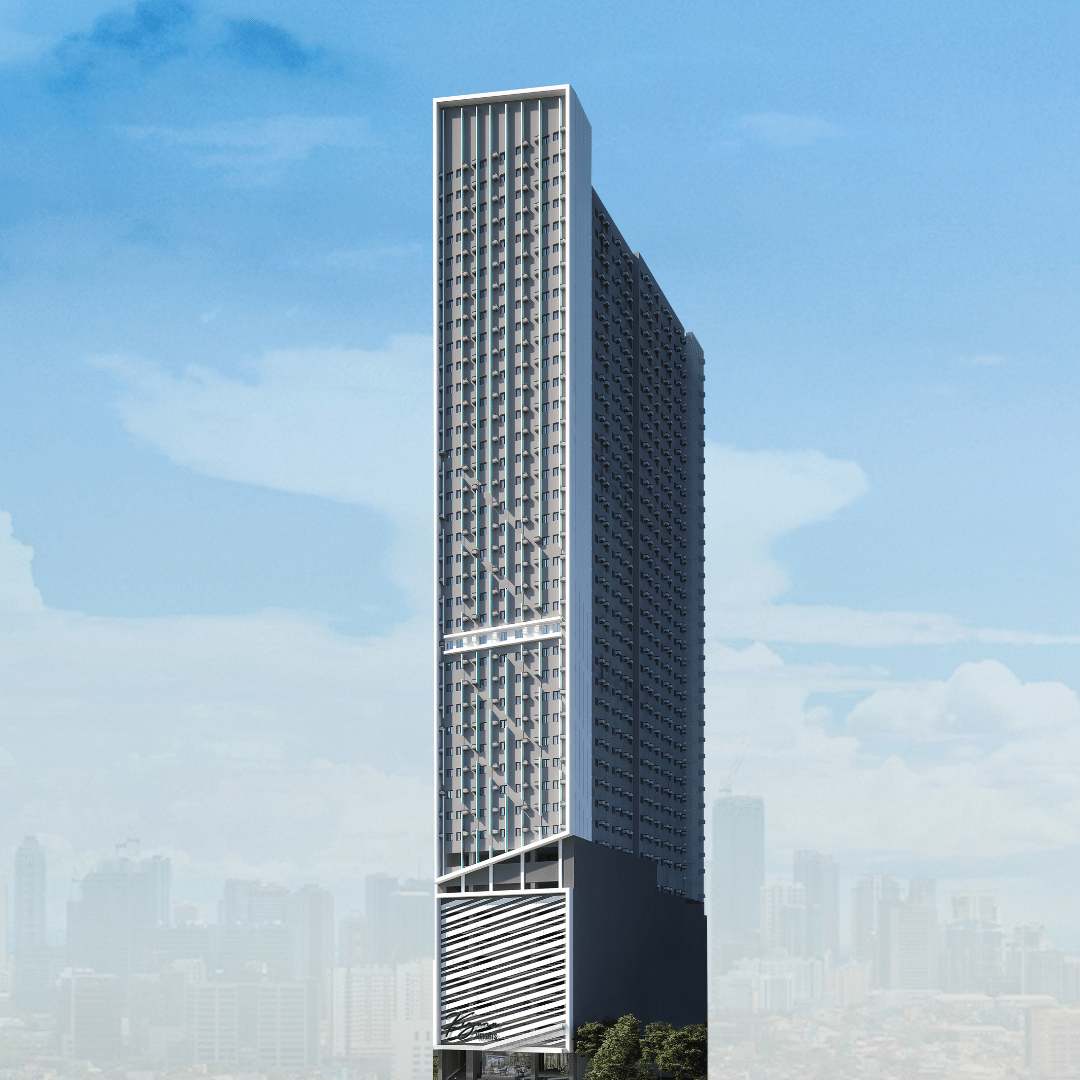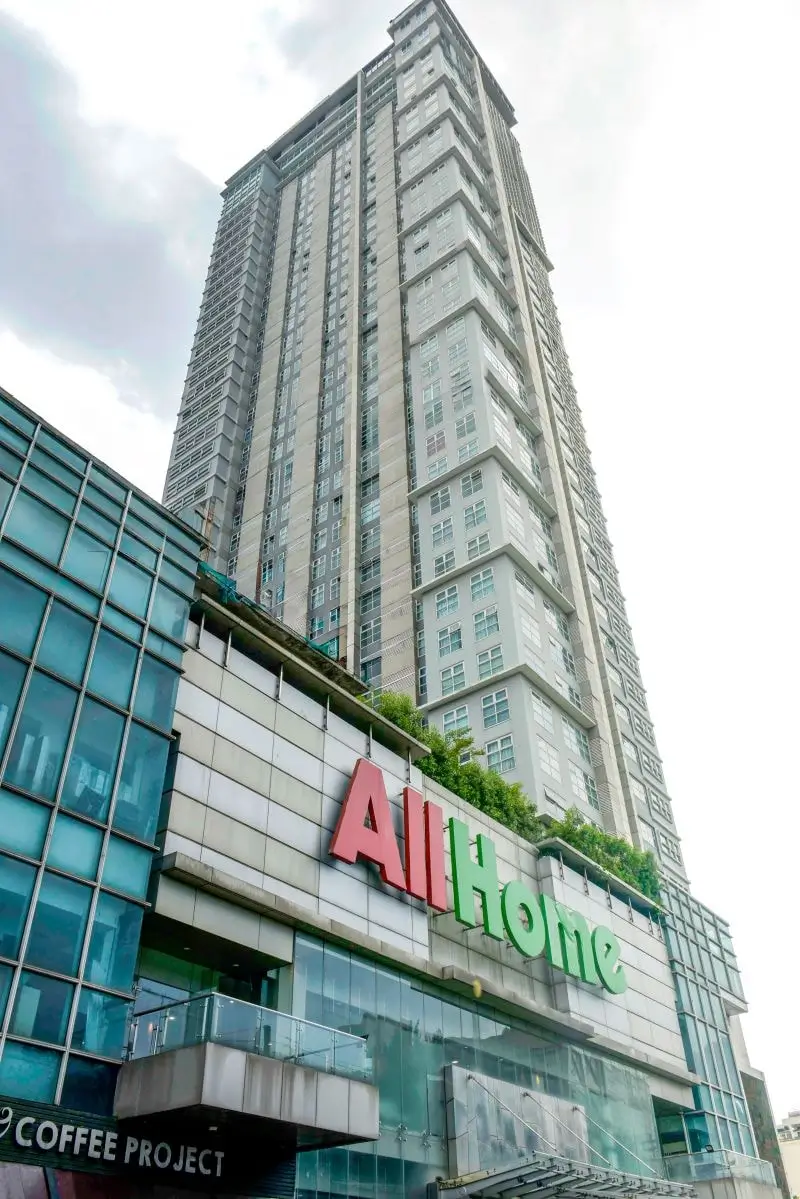Purchasing a condo is not as straightforward as buying groceries or clothes, but it is unquestionably one of the most gratifying investments you can make. We all know that investing in real estate is a major choice with a multitude of aspects to consider. The list goes on and on: finances, location, family, friends, lifestyle, work, and so on. And we're all unique, the ideal house signifies something distinct to every one of us. With so many various requirements and desires, making sure every available choice is on the plate is one of the most important aspects of a successful home search. The more options you have, the more likely you are to choose something that will make you happy. A condo is an option you shouldn't neglect, especially if you're searching for a low-maintenance property.
Buying a condo can be a wonderful way to enter the housing market or a great downsizing alternative, whether you're a millennial just starting or a baby boomer about to retire. If you wish to invest in real estate, you will need time and careful financial planning. Knowing and understanding your existing financial situation is a good place to start. This is because things like credit scores, mortgages, and down payments take time to obtain and repay.
The demand for homes and property values, as well as other factors in the real estate market, can influence your investing decisions. However, because purchasing a home or condo is such a large investment, you should weigh the benefits and drawbacks of both financing alternatives before accepting help. Taking the time to understand how each step works in condo financing and how payment conditions are established might help you anticipate what you can probably expect.
Bank Financing refers to the amount of money a person can borrow from a bank or financial institution and is given for the specific reason of buying a real estate property rather than funding a business. Bank financing for condos in the Philippines has its quality standard and requirements in taking terms of housing loans or home loans. Some of these requirements include;
- Employment Status. Before you can apply for a loan, most banks will require you to have worked for at least two years and earn a certain amount of gross monthly income. If you own a firm, you must show that you have been in operation for a certain number of years and that you have made a considerable financial profit.
- Interest Rates. Bank loans usually have predetermined lending rates and payment conditions that you must adhere to. However, interest rates may well be adjusted in some instances. This element can also be influenced by unique circumstances such as economic conditions.
- Terms of Repayment. Depending on your financial capabilities, your bank may be able to offer you lengthier payment terms ranging from 5 to 20 years. This is a fantastic benefit for people who wish to budget their money over time. Because of their prolonged payment plans, bank loans are advantageous. However, they frequently charge you many costs such as property appraisal, registration, notarial, handling, and so on.
- Qualifications. Bank financing seems to be the most conventional of the two possibilities, and it is simple to apply for as long as the necessary criteria are met. These include things like Income Tax Returns, financial accounts, employment certificates, payroll data, and legitimate identity, among other things.
Condos can be purchased using the same loan programs as a single-family home. During the underwriting process, however, there are some significant distinctions in how lenders view the two types of properties. So, how does a condo mortgage work?
Mortgage lenders assess the condo association's financial stability in addition to your finances. The following factors will be considered by the lenders in determining if the condo is warrantable:
- The number of units purchased
- Investors' total number of units (non-owner-occupied)
- Amenities
- Lawsuits involving the condominium association
- Number of unit owners that have not paid their dues for upcoming special evaluations
Condominiums may be the greatest housing option for first-time homebuyers on a tight budget who wish to avoid the hassles of maintenance, repairs, security, and landscaping. Whether you're buying a condo for the first time or as an investment, it's a long-term commitment, especially if you're financing it with a loan.
If you're looking to buy a condo or real estate in the Philippines, there are four options available for you. The loan amounts, interest rates, and terms and conditions of each of these financing choices vary. Here are some financing options for condo buyers:
Spot Cash
When you buy a condo from a developer with cash, this is known as a spot cash transaction. You have up to a month after reserving a unit to pay the total sum.
Pros: You won't have to go through a credit check with the bank or lending institution because you'll be paying the entire amount in cash.
Making a one-time payment instead of prolonging the repayment schedule to five years or more, which also will entail annual interest rates, will save you a lot of money.
Cons: You can run out of money if you pay everything in cash.
Making a spot cash payment will need you to have an existing property that you plan to sell to fund your condo purchase unless you have an existing property that you intend to sell to fund your condo purchase.
In-house Financing
The condo developer acts as the lender, allowing you to put down 10% to 20% and pay the rest over time with monthly payments.
Pros: Compared to bank loans, in-house financing requires less paperwork and is processed more quickly.
You can reduce your monthly amortizations by paying a down payment of more than 20%.
Cons: Developers may offer higher interest rates in exchange for more flexible payment terms.
You'll have a greater loan balance and monthly payments if you merely make the minimum down payment.
Bank Loan
By obtaining a bank loan, you're agreeing to pay the real estate or condo developer through the bank. In exchange, you'll pay in monthly installments.
Pros: The loan can be repaid for up to 20 years. Depending on your financial situation, you may be able to borrow up to 80% of the entire property price.
Cons: The property will be used as loan collateral and will remain in the bank's name until you've paid it off completely.
Loan approvals and missed monthly payments are both strictly enforced by most banks.
Pag-IBIG
Members of Pag-IBIG can take advantage of housing loan perks to buy a home in the Philippines, such as a condo. Pag-IBIG may collect monthly amortizations from your salary, depending on the agreement.
Pros: Pag-IBIG allows you to borrow up to P6 million at reasonable interest rates that start at around 6%.There are both short- and long-term repayment alternatives available. Payments can be made for up to 30 years.
Cons: The amount you can borrow is determined by a number of factors, including the property's value appraisal by Pag-IBIG. Not all real estate firms accept Pag-IBIG financing.
The best option depends on what you value most in a home and which one can provide you with a higher quality of life.
Whether you buy a condominium or a house and lot, there are lots of housing loan alternatives in the Philippines to help you finance your ideal home. Choosing from a wide range of finance alternatives, like deciding between a condo and a house, can be difficult for first-time homebuyers. Consider your alternatives carefully so that you can make the best decision for yourself.
If you are thinking of moving into a new condominium, check out Vista Residences!
Vista Residences is the condominium arm of the country’s largest homebuilder, Vista Land & Lifescapes, Inc. that offers ready for occupancy and pre-selling condominium projects in Manila, Makati, Mandaluyong, Quezon City, Ortigas, Baguio, Cebu, and CDO that are strategically located within major cities, in close proximity to premium universities, transit-oriented locations, and developed business districts.
For more information on Vista Residences, email [email protected], follow @VistaResidencesOfficial on Facebook, Twitter, Instagram, and YouTube, or call the Marketing Office at 0999 886 4262 / 0917 582 5167.










